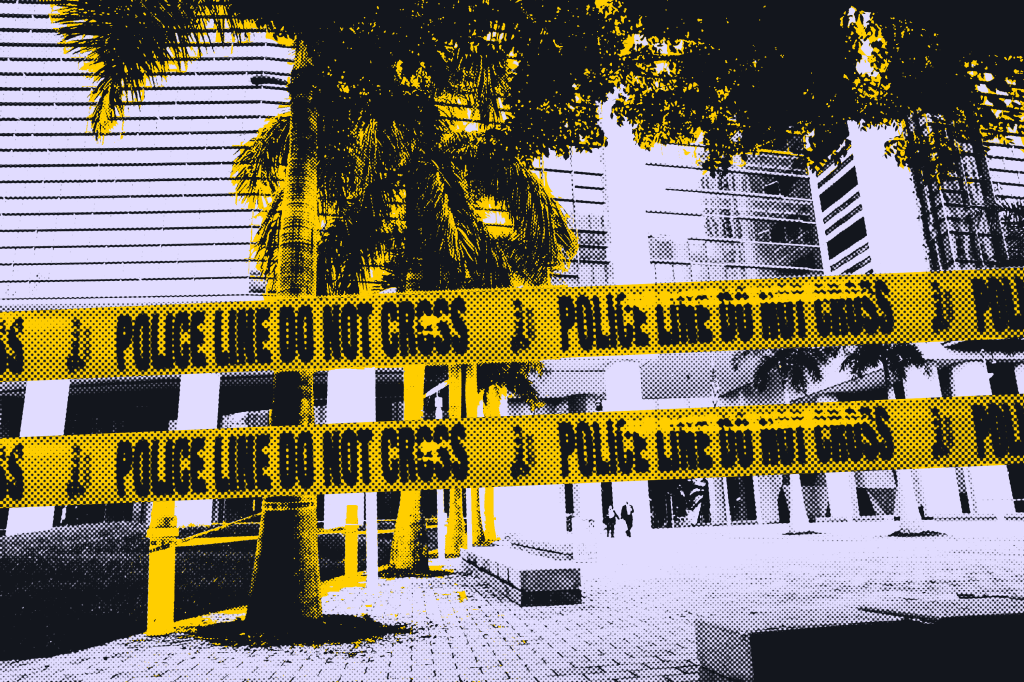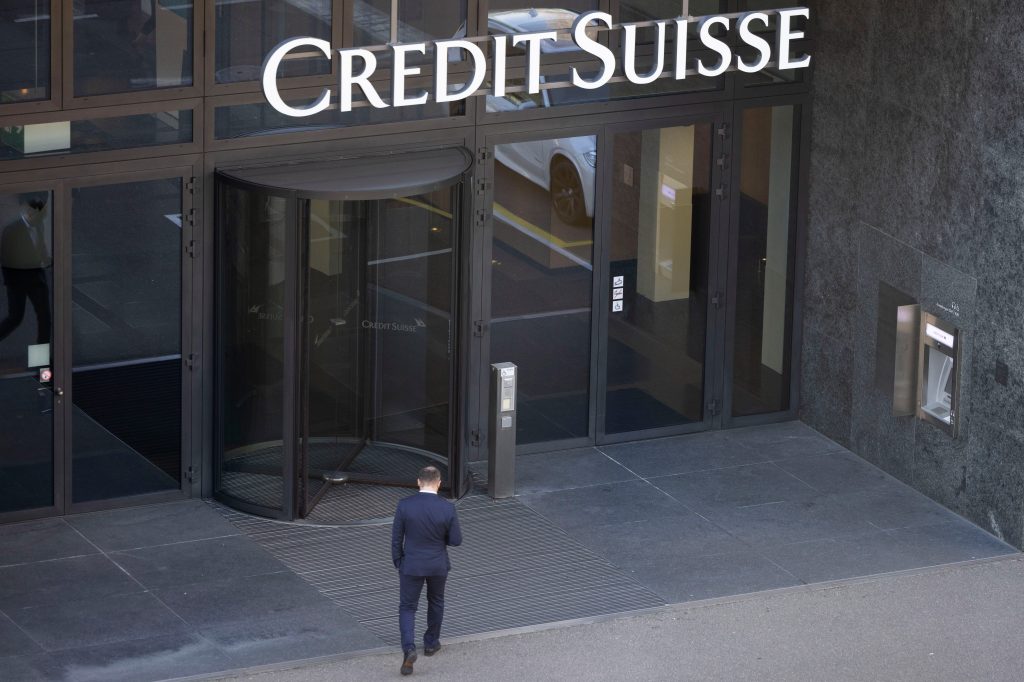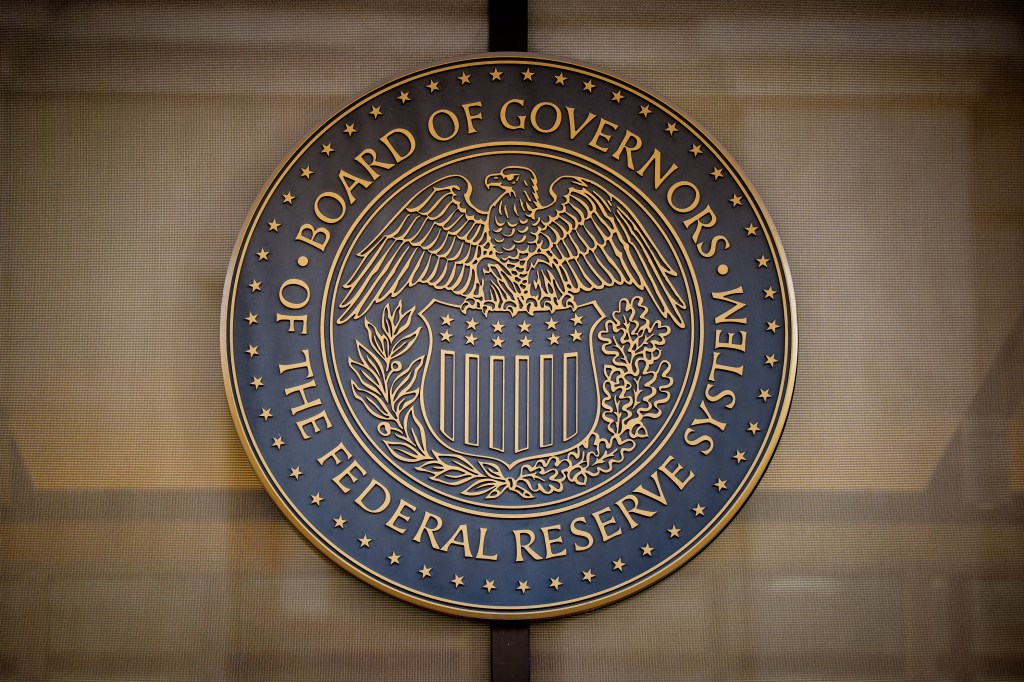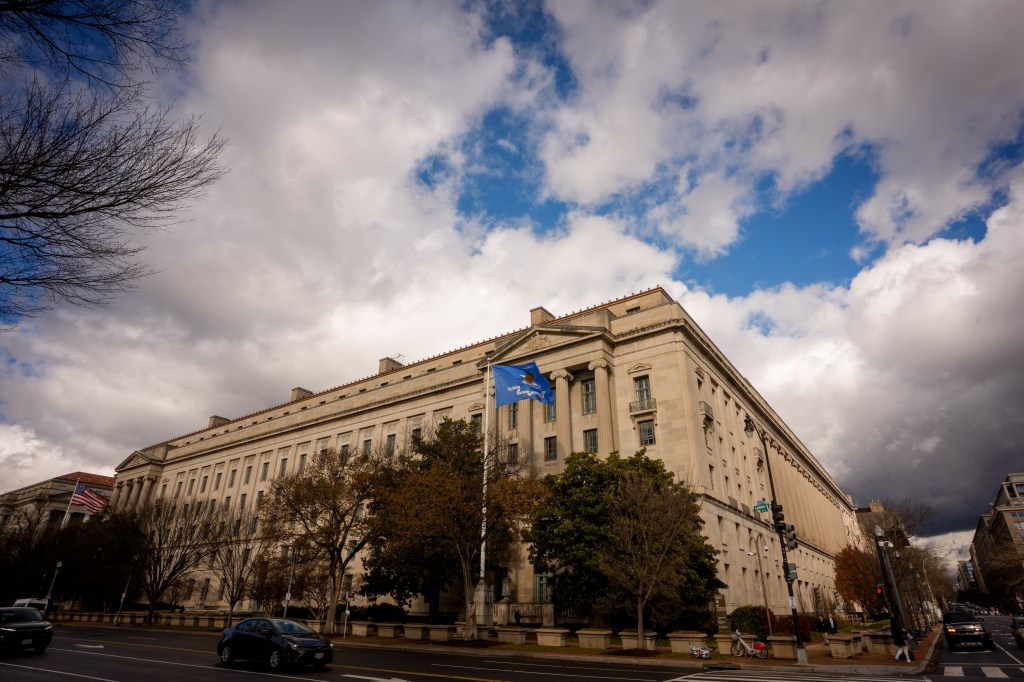Goodbody failed to put in place an effective trade surveillance framework to monitor, detect and report suspicious orders and transactions in relation to market abuse from July 2016 to January 2022, CBI said.
The Central Bank of Ireland fined Goodbody Stockbrokers Unlimited Company €1.2m ($1.3m) pursuant to the Market Abuse Regulations (596/2014/EU
Register for free to keep reading
To continue reading this article and unlock full access to GRIP, register now. You’ll enjoy free access to all content until our subscription service launches in early 2026.
- Unlimited access to industry insights
- Stay on top of key rules and regulatory changes with our Rules Navigator
- Ad-free experience with no distractions
- Regular podcasts from trusted external experts
- Fresh compliance and regulatory content every day

















